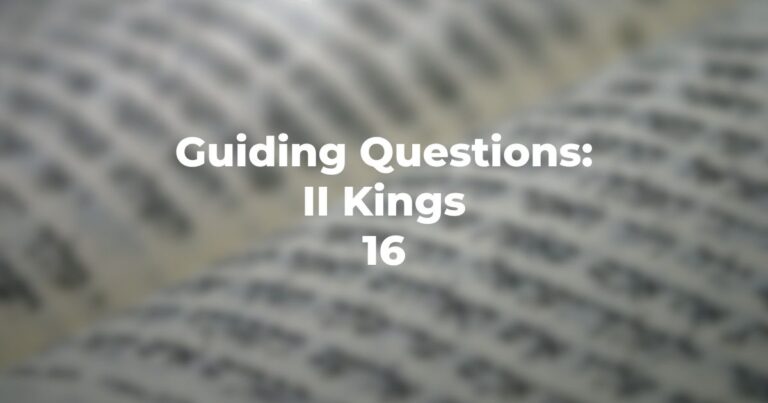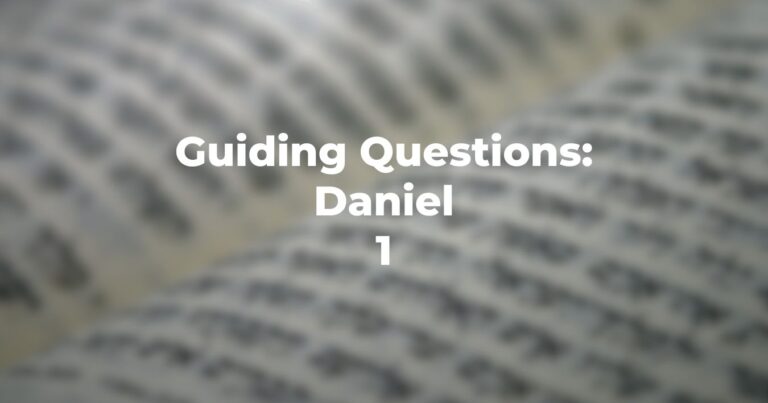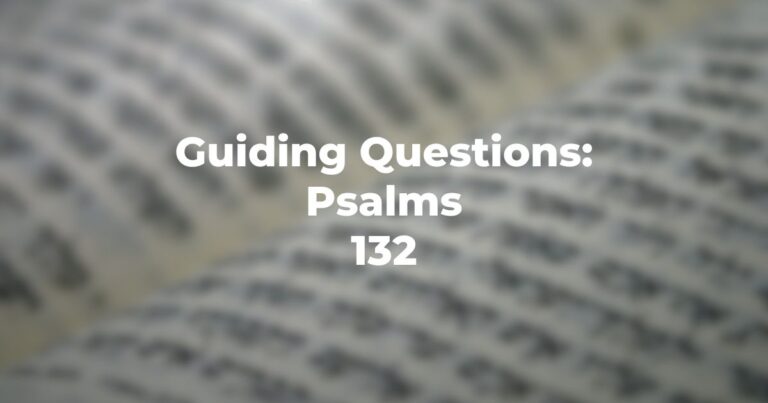- Once again Kohelet delves into the problem of theodicy: why there is no difference between the treatment of the righteous and the wicked.. a) What are his opinions regarding the significance of Temple worship, offerings and pious oaths (Ecclesiastes 9:2)? b) How does he label this situation and what consequences does this have on morality (Ecclesiastes 9:3)?
- What does he mean in Ecclesiastes 9:4 by declaring that “a live dog is better than a dead lion?” What one advantage does the living have over the dead? (Ecclesiastes 9:5)
- What does Kohelet say about death (Ecclesiastes 9:5-6)? Is there any room here for concepts of an afterlife or of reward and punishment after death, or even of an awareness of death?
- If God’s actions remain a mystery, and death is inevitable for the righteous and the wicked alike, to what conclusion is Kohelet once again drawn (Ecclesiastes 9:7-10)? Note In Ecclesiastes 9:9, the word “ishah” istranslated as “the wife” in the old JPS translation and more accurately as “a woman” in the new JPS translation.]
- What general philosophy of life is being advocated in these verses? Could you call it a form of practical hedonism?
- Compare Ecclesiastes 9:11 with Proverbs 13:15 (“Good sense wins favor…”). Which of these Wisdom teachers seems to have the more realistic view of life? Can one look at natural endowments as a necessary component of success?
- What point is Kohelet making in his comparison of the life of a fish or bird to that of a human being (Ecclesiastes 9:12)? By using these comparisons what does he say about the suddenness of the event?
- What is the main point of the parable that Kohelet describes in Ecclesiastes 9:14-16? Is wisdom a plus? How is the wise person really treated?
- Kohelet repeats the word “poor” three times in Ecclesiastes 9:15-16. What might he have said if the wisdom that saved the city came from one who was very wealthy?
- How would you analyze each of the three proverbs (Ecclesiastes 9:16-18) that Kohelet brings to bear on his theme? Is there a nuance of difference between them?
- What difference is there between calmness and freneticism (Ecclesiastes 9:17)?
- What contrasts does he make between wisdom and foolishness in Ecclesiastes 9:17-18? [Beginning with Ecclesiastes 9:16 and continuing through Ecclesiastes 11:6 is a group of maxims which Kohelet probably collected, composed and/or modified to assist him in his teaching.]
Author
-

Exploring Judaism is the digital home for Conservative/Masorti Judaism, embracing the beauty and complexity of Judaism, and our personal search for meaning, learning, and connecting. Our goal is to create content based on three core framing: Meaning-Making (Why?), Practical Living (How?), and Explainers (What?).
View all posts





